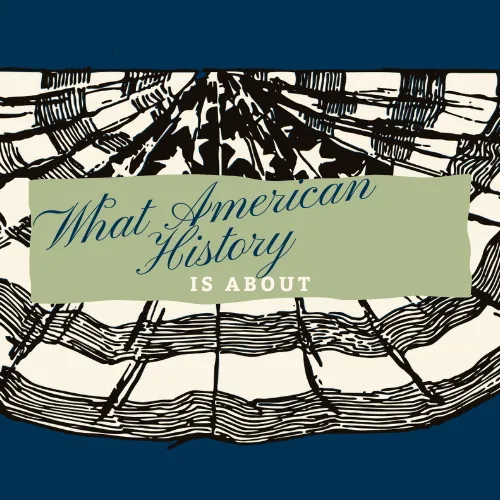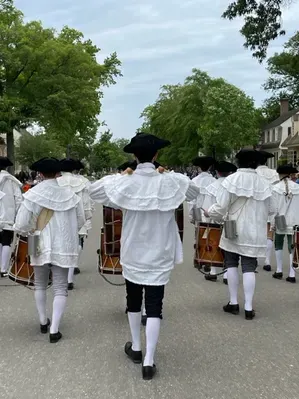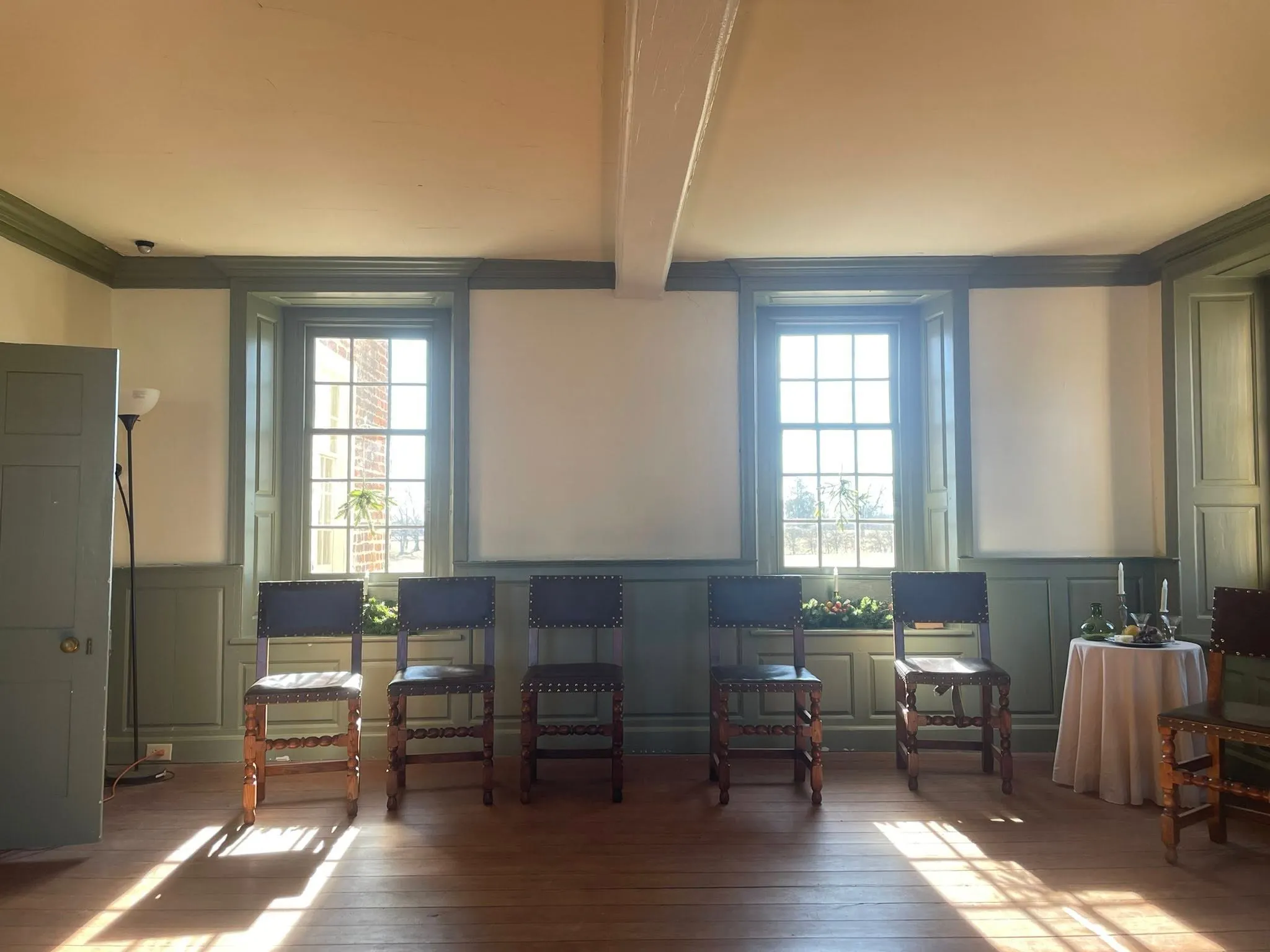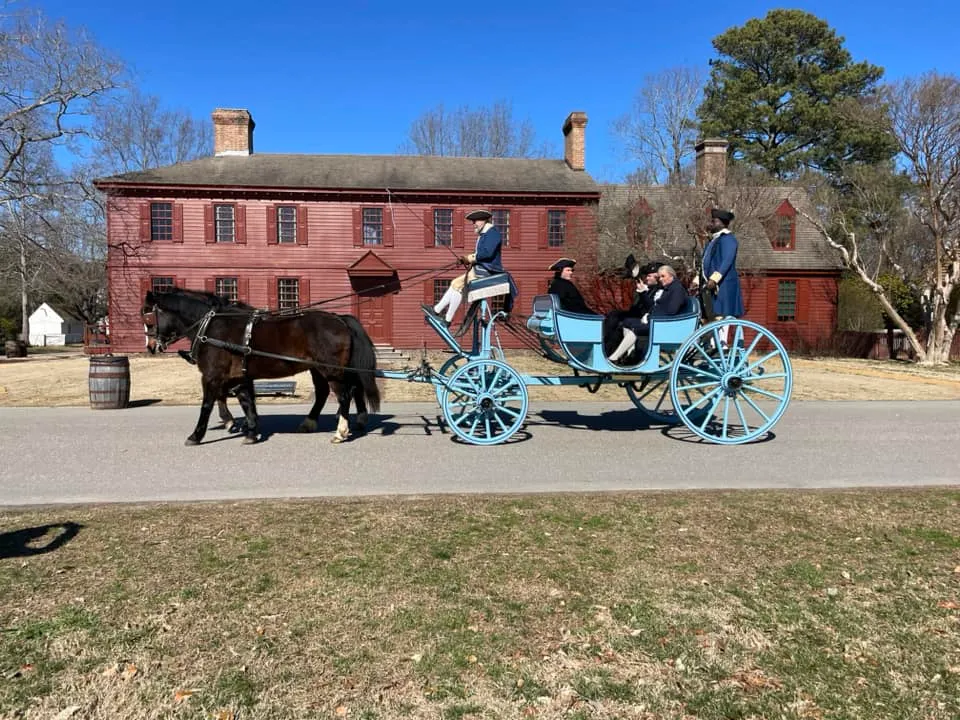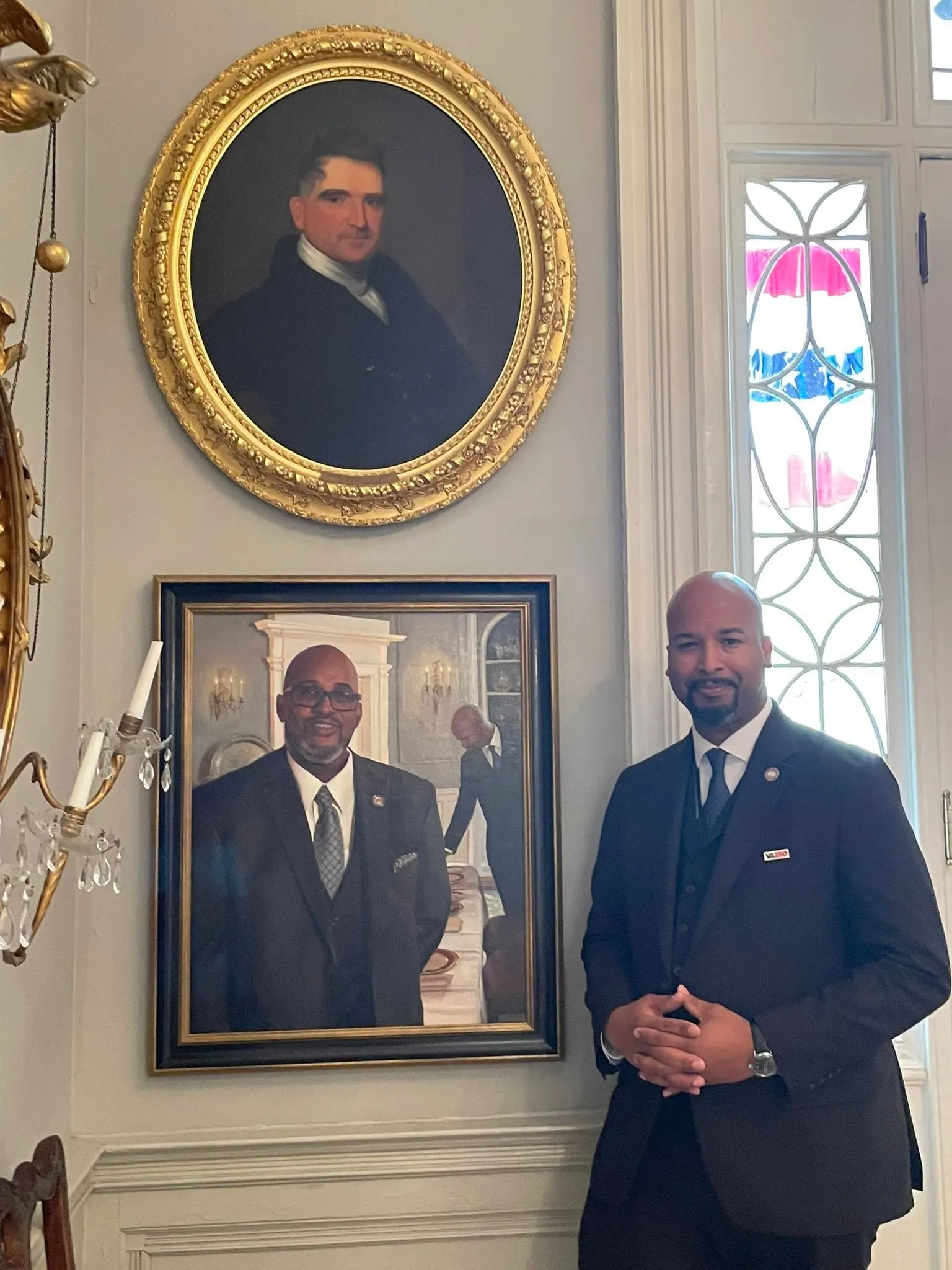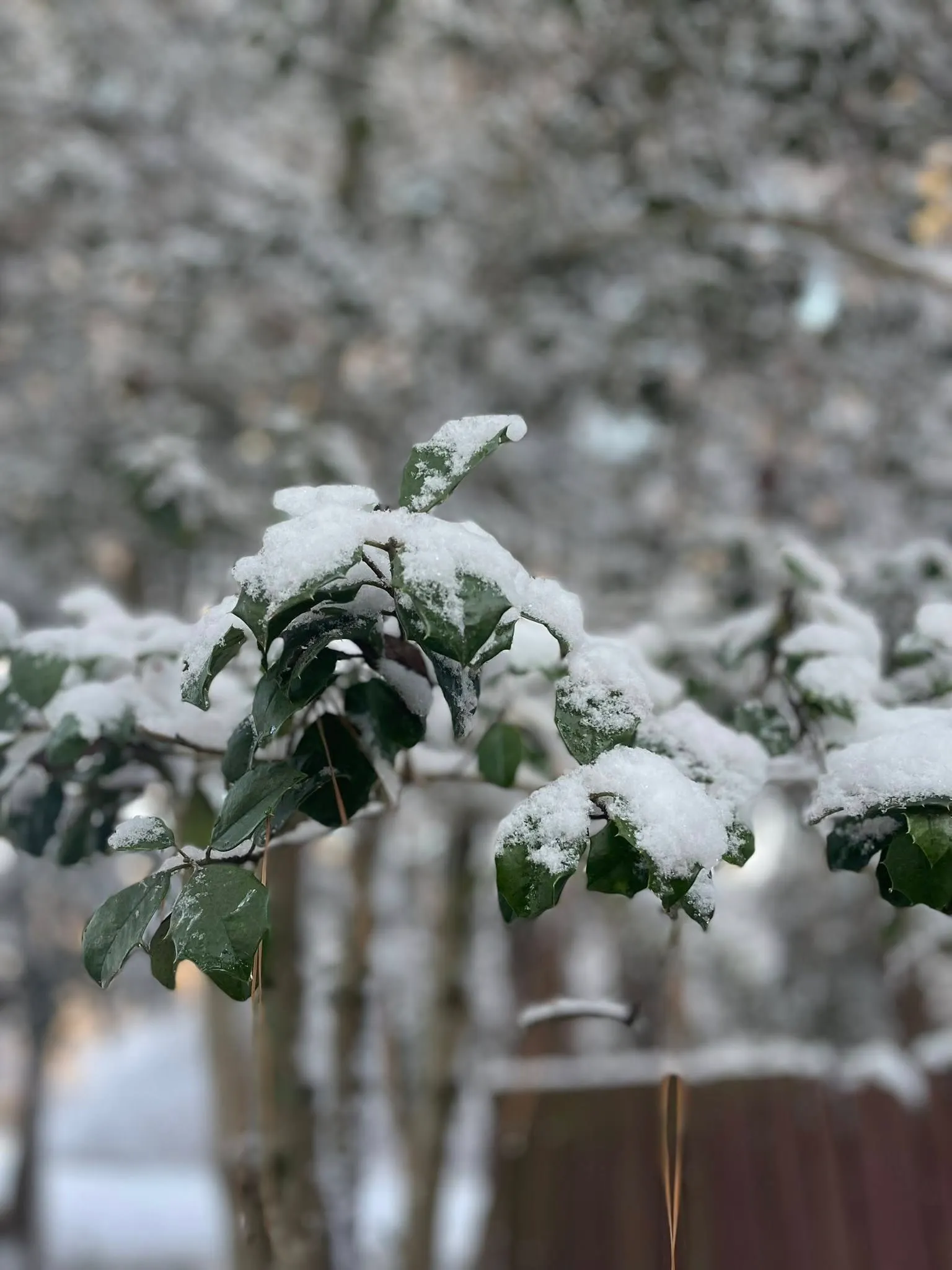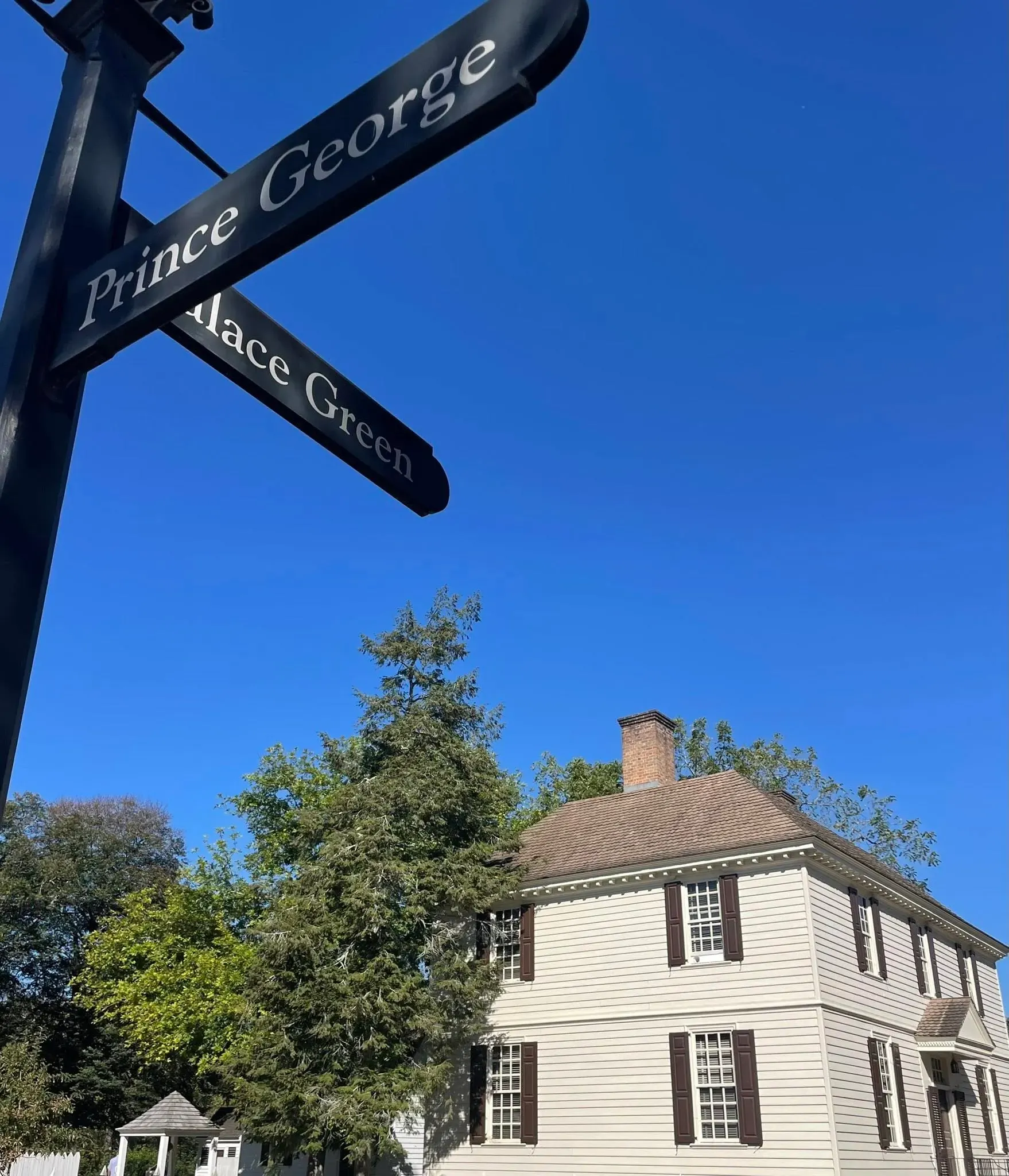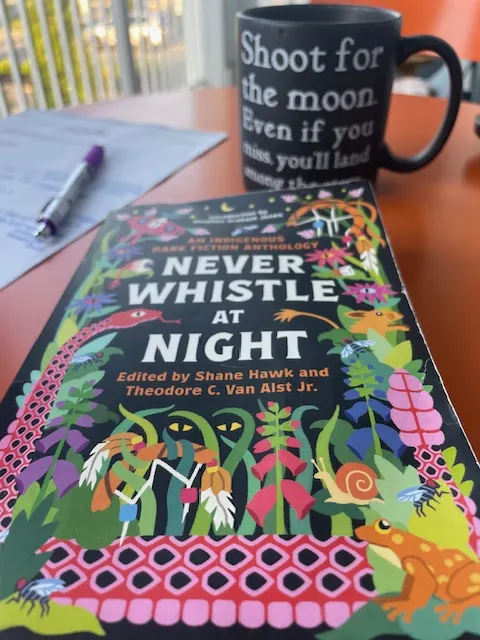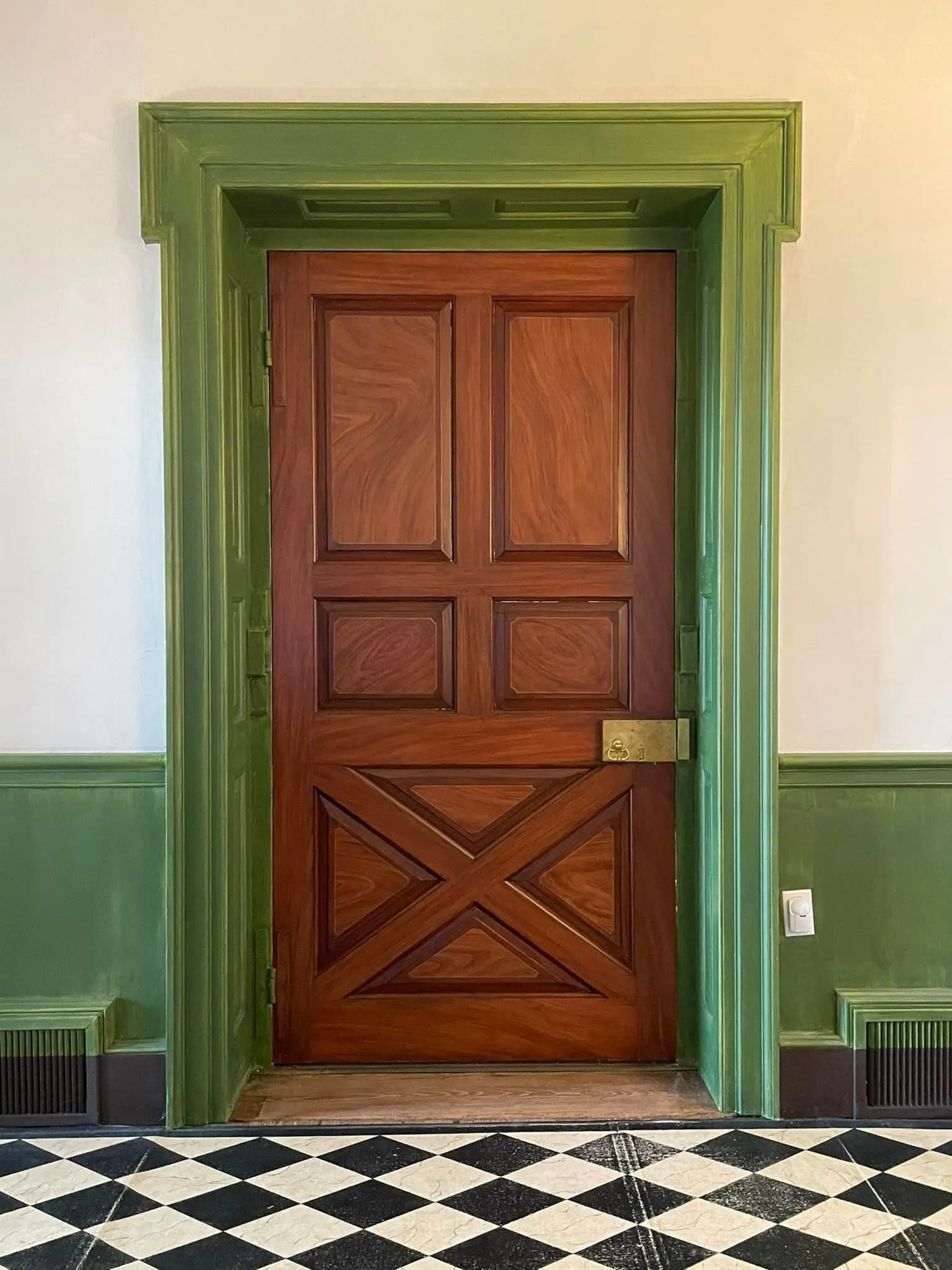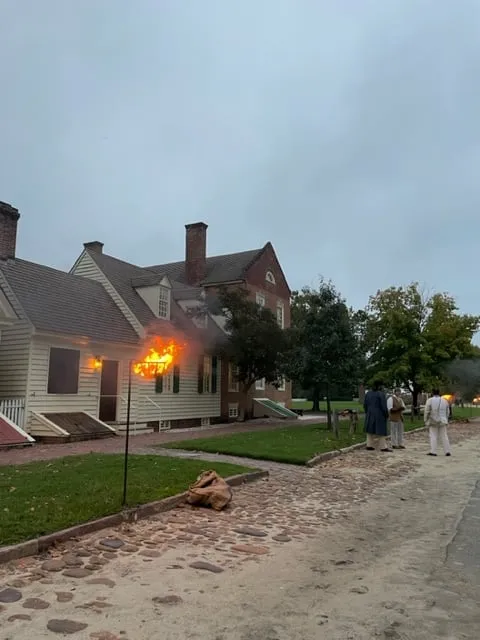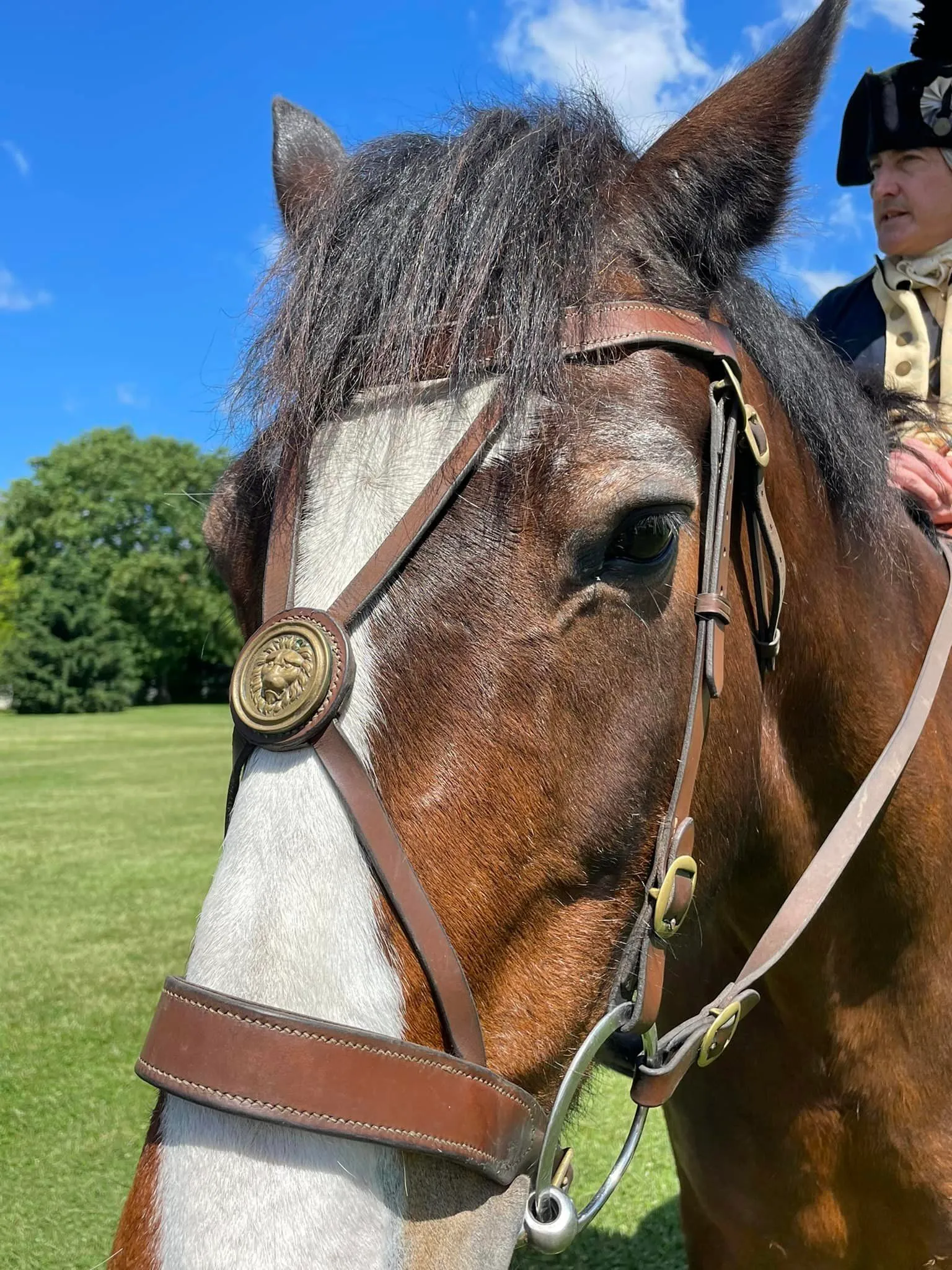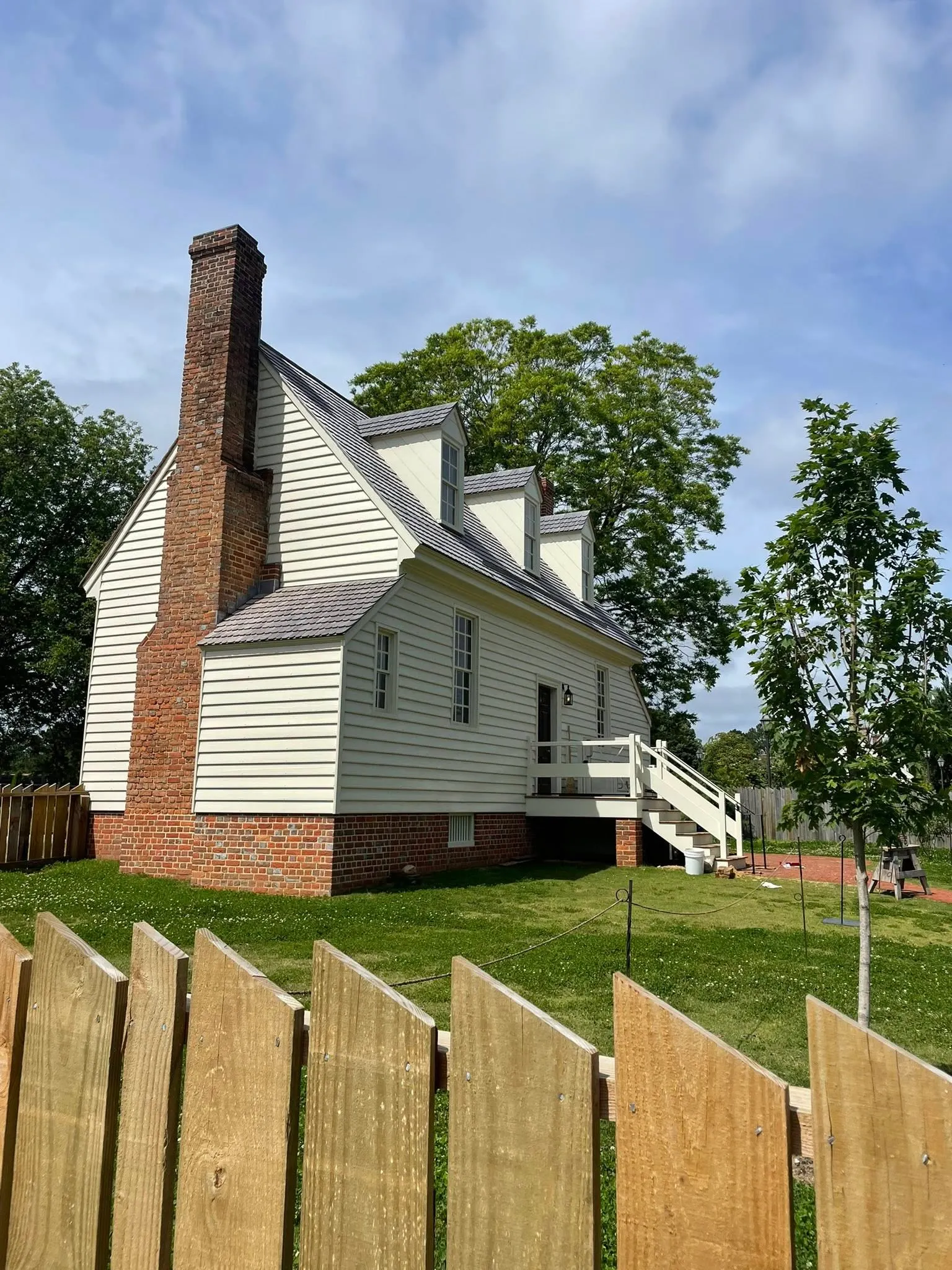June 15, 1775: The Day George Washington Became Commander-In-Chief
Today: a special kind of "this day in history post."
One of my go-to resources for primary sources is the Founders Archives website from our United States National Archives. Why? So many reasons, actually. Example: the transcription of actual words written by everyone from George Washington to the Marquis de Lafayette. Or knowing I can log in any day of the year and find words relevant to that date --- words that come directly from history.
On this date, June 15th, I took a different approach.
You may know that June 14th is celebrated as the anniversary of Congress' creation of what is now our United States Army. That took place 250 years ago, in 1775.
And on the 15th, George Washington officially became our first commander-in-chief. At least that's what's commonly referenced, although in actuality, it may have been a multi-day process. This short post celebrates that monumental event, history-blogger style.
My goal is to be thought-provoking and to give a nod to the mission statement of this blog.
I took to Founders Archives with this as my inspiration as I sat on our balcony and sipped my morning coffee.
Necessary disclaimer: As a blogger, I use affiliate links sometimes! I may receive commission from purchases I share; it does not change your price but sometimes you might get a discount.
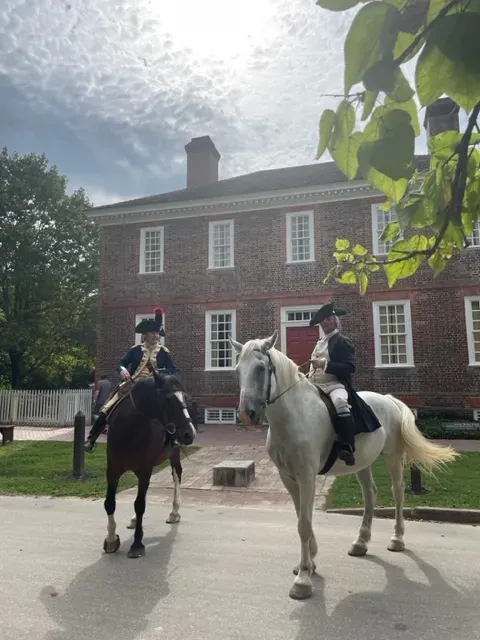
Mark Schneider as Lafayette (left) Ron Carnegie as George Washington (right)
Washington's last words of the Colonial era.
Ok, to be certain these weren't George Washington's actual last words of the "Colonial era" per se. However, they're the final entry on Founders Archives for what Washington said as they close their category for "Colonial" on their timeline.
It was a diary entry; something often found when searching words from Washington.
[Diary entry: 18 April 1775]
18. A little Rain in the Morning but clear, & the wind hard, & cold from the Westward afterwards.
Click here to see it on the Founders Archives with notes and citations.
Think about what happened just days later in his beloved Virginia-- a cold hard wind indeed! Lord Dunmore, Royal Governor of Virginia seized the gunpowder in the dark of night from the Magazine in Williamsburg.
And just the next day after this diary entry, shots fired at Lexington and Concord.
RELATED: Click here to read more on this blog about April 19th.
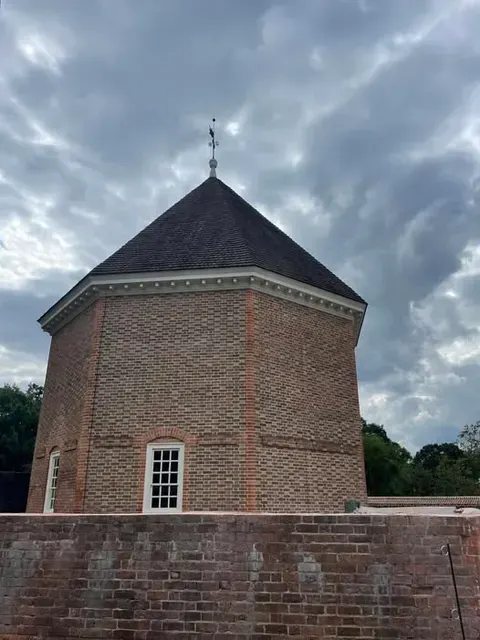
Reconstructed Magazine, CW
Washington's first words of the Revolutionary War era.
Again, I'm committing to these words as Washington's first by sharing what's listed first in the Revolutionary War category on Founder's Archives. An author's note to keep in mind!
Naturally, it is his entry from the following day, April 19, 1775.
[Diary entry: 19 April 1775]
19. Mrs. Blackburn & Mrs. Brown went away after Dinner. Mr. Rutherford who came yesterday to Dinnr. went away after Breakfast today. Dr. Rumney came in the Afternn.
Click here to see the entry on Founders Archives, with notes and citations.
I often hear from Ron Carnegie, the historian and actor who portrays George Washington in Colonial Williamsburg (CW), that Mt. Vernon was continuously hosting friends, family, and colleagues. It's not surprising to see a diary entry detailing the guests he and Mrs. Washington saw come and go.
At this pivotal moment in our United States history, this short blurb raises questions and inspires me to dig deeper.
- Who were the two "Mrs." visiting and where were their husbands?
- Who was Mr. Rutherford? Was he a government colleague of then-Colonel Washington?
- Why was Dr. Rumney there? Was he a medical doctor there to treat one of the Washingtons?
It was April of 1775 after all.
The people who popped into Mt. Vernon may or may not have had an impact (or reflect?) the thoughts and actions of George Washington the spring before he was named commander-in-chief. It's rabbit holes like this I love to run down.
RELATED: Click here to be directed to an article on CW's website which features Mr. Carnegie.
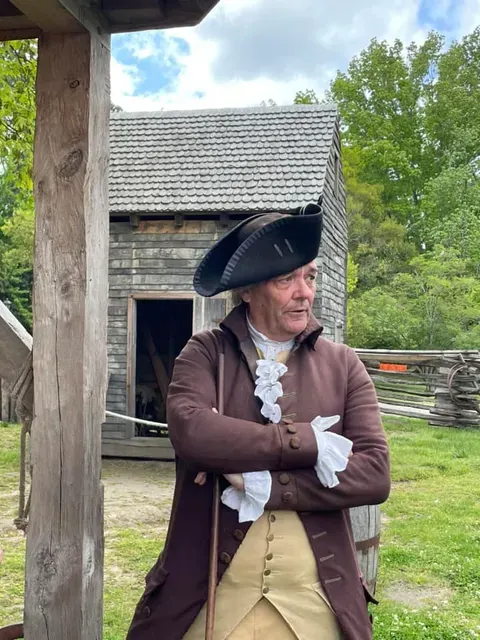
Ron Carnegie portraying George Washington, CW
Links to dive deeper into related history.
All links below will open up in a new tab!
- Explore Here: find Revolutionary era history and places Washington lived, led, and visited.
- History Unboxed: share the Revolutionary era with the children in your life.
- My blog post focused on wise words from Washington, getting a small bit of insight into the man.
- Visit Mt. Vernon.
- Visit us here in CW and see Ron Carnegie in action.
- Visit Yorktown, where the victory was decisive and pivotal to our future of the United States of America.
Closing words from history.
I'm closing this short post, which hopefully honors President Washington's significant appointment by Congress, with words from Washington to his longtime friend Sarah Cary Fairfax. The Fairfax' were in England when the war took hold and they chose to stay there.
This excerpt, written in 1798, tugs at my heart in a way history often does. As Washington is now "home," he seems to want his friends and former neighbors near.
Click here to read the letter, with notes and citations, in full.
From George Washington to Sarah Cary Fairfax, 16 May 1798
To Sarah Cary Fairfax
Mount Vernon 16th May 1798.
My dear Madam,
Five and twenty years, nearly, have passed away since I have considered myself as the permanent resident of this place; or have been in a situation to endulge myself in familiar intercourse with my friends, by letter or otherwise.
(letter continues)
...Before the War, & even while it existed, altho’ I was eight years from home at one stretch, (except the en passant visits made to it on my March to and from the Siege of Yorktown) I made considerable additions to my dwelling house, & alterations in my Offices, & Gardens; but the dilapidati⟨on⟩ occasioned by time, & those negleets which are co-extensive with the absence of Proprietors, have occupied as much of my time, within the last twelve months in repairing them, as at any former period in the same space.
And it is matter of sore regret, when I cast my eyes towards Belvoir, which I often do, to reflect ⟨that⟩ the former Inhabitants of it, with whom we lived in such harmony & friendship, no longer reside there; and that the ruins can only be viewed as the memento of former pleasures; 1 and permit me to add, that I have wondered often (your nearest relatives being in this Country), that you should not prefer spending the evening of your life among them rather than close the sublunary Scene in a foreign Country—numerous as your acquaintances may be, and sincere, the friendships you may have formed.
Are you enjoying the blog? Use my online tip jar and buy me a coffee:
There is a huge practical disclaimer to the content on this blog, which is my way of sharing my excitement and basically journaling online.
1) I am not a historian nor an expert. I will let you know I’m relaying the information as I understand and interpret it. The employees of Colonial Williamsburg base their presentations, work, and responses on historical documents and mainly primary sources.
2) I will update for accuracy as history is constant learning. If you have a question about accuracy, please ask me! I will get the answer from the best source I can find.
3) Photo credit to me, Daphne Reznik, for all photos in this post! All photos are personal photos taken in public access locations or with specific permission.
